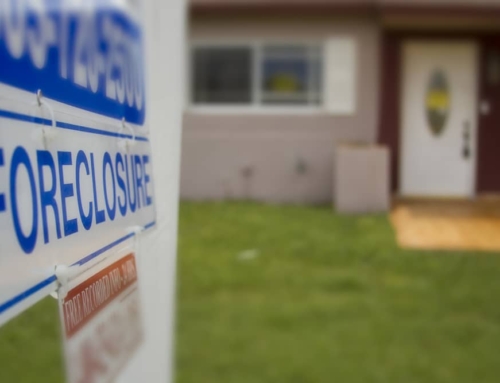There are only two ways to buy a home: You can either go it alone, or you can engage the services of a real estate agent or broker.
Why would you want to look for a home yourself? As a home buyer, you’re in the enviable position of being able to hire a buyer broker who owes his or her fiduciary duty to you, not the seller. You will almost never have to pay for this person’s services out of your own pocket since by and large the seller still pays the commission.
Why wouldn’t you want to have someone who specializes in helping people get through the process of buying a home, and who knows the area and its housing stock, take you around and share a career’s worth of knowledge?
Seems like using an agent would be an obvious home run, and yet more buyers are going it alone.
Some buyers like the control of being on their own. Although agents understand that not everyone they work with buys something the first, or even the hundredth, time out, a portion of home buyers feel bad for taking up the agent;s time. They feel if they look on their own, then the only time they waste is their own.
Another small percentage of home buyers feel that agents don’t really know what’s going on. They are mistrustful of the process, and of the role that everyone has to play. Sometimes they wonder if agents are really showing them everything that is on the market or are they holding back that perfect condo or single-family house for a preferred client.
Agents say this is nonsense. Reputable agents don’t care who buys which house, as long as their buyers purchase the home that’s right for them.
Some buyers feel they’ll get a better deal from a seller who does not have to pay a commission to a broker. They believe these FSBOs (properties that are for sale by owner) will negotiate down to at least the 6 or 7 percent that would have been paid in commission.
This, of course, doesn’t happen a often as you think. The way this deal usually plays out is that the seller has overpriced his or her home to begin with, something the buyer doesn’t know because he or she isn’t really aware of how much homes actually sell for in the neighborhood.
Most sellers, but particularly FSBOs, want to get as much money out of the property as possible. All FSBOs hope to save the 6 or 7 percent, not share it with you, the home buyer. So when you start the negotiations, they may come down 6 or 7 percent, but because they’ve started out with such a high price, you may pay more than you should. That’s a far cry from reaping the benefit of the commission savings.
But what sellers are more likely to do is pay a buyer broker a half commission, say 3 percent instead of 6 percent, for bringing the buyer to the table. In this case, you’d receive the benefit of the broker’s counsel, but without having to pay the commission yourself.
Other buyers like FSBOs because it makes them feel as if they are seeing everything that’s out there on the market. Of course, they aren’t, because the majority of homes for sale are listed with brokers in a computerized system called a multiple listing service (MLS).
Access to the MLS used to be restricted to member brokers and their clients. In the days before the Internet, access to the MLS data was so tightly guarded that brokers weren’t even allowed to give listing books (yes, there were telephone-book sized listing books printed every other week with the new listings) to their clients to peruse.
Today, you can find almost all listing information online at any number of web sites, including Realtor.com (www.realtor.com), the web site of the National Association of Realtors, Microsoft’s HomeAdvisor (www.homeadvisor.com), and CyberHomes (www.cyberhomes.com).
Another place to look is on a broker’s individual website. You can call the office or look in the local weekend real estate ads for the address. If your agent belongs to a national franchise, like Century 21, Coldwell Banker, RE/MAX, or ERA, you can check out those national website to find other listings. Finally, the International Real Estate Digest (www.ired.com) lists more than 30,000 real estate-related web sites, just in case you missed anything, and many buyers have found Yahoo (www.yahoo.com) helpful.
But the truth is, you can look, but you can’t buy MLS-listed homes without the aid of a broker. If you look on the Internet and then contact the listing broker for more information, you are then, like it or not, officially represented by the seller broker for that transaction.
Except that the seller’s broker has now turned into a dual agent, owing no loyalty to either party. Or, she remains an exclusive seller’s agent, leaving you unrepresented. Either way, the seller will typically pay a full commission to his broker whether a buyer has a broker or not.
Feb. 8, 1999.






Leave A Comment